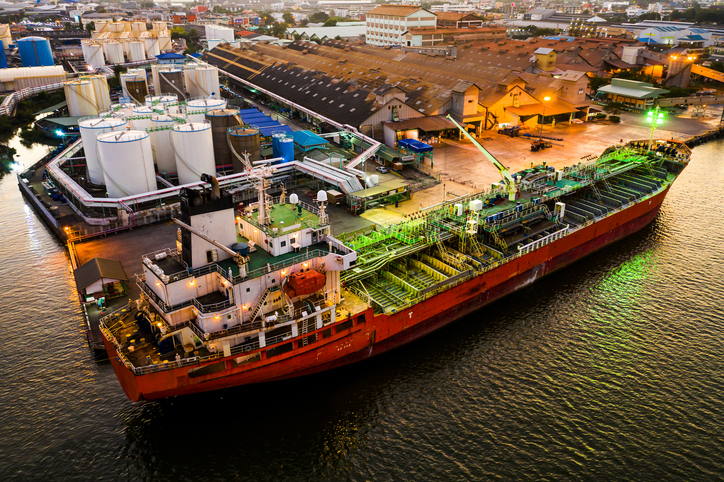The ongoing conflict between Israel and Iran is unlikely to have a significant impact on India’s crude oil imports, as analysts point out that India sources only a negligible volume of oil from Iran.
The country currently imports oil from around 40 nations, including major suppliers like Russia, Iraq, Saudi Arabia, Abu Dhabi, and the USA, allowing India to effectively manage its supply needs.
However, the geopolitical tensions between Israel and Iran could lead to increased price volatility in global oil markets. Experts suggest that any sharp rise in crude oil prices above $80 per barrel is contingent on the escalation of the conflict, which could disrupt key supply routes such as the Strait of Hormuz—a vital passage for global oil shipments.
“India’s supplies of crude oil directly from Iran are almost nonexistent. The country has demonstrated a balanced and mature approach in similar international conflicts,” said MK Surana, former chairman of Hindustan Petroleum Corporation Limited (HPCL).
He said that while crude oil supply issues may not be a primary concern for India, price volatility is expected, with occasional spikes and higher monthly average prices. Surana also said that increases in average crude oil prices above $80 per barrel would likely occur only in the event of a significant escalation in conflict affecting logistics, particularly in the Strait of Hormuz.
While India’s oil supply may remain stable, experts warn of potential temporary price spikes and higher monthly averages due to the elevated geopolitical tensions. Recent volatility in the Middle East has already led to increased crude oil prices. Should Israel execute its threats to target Iran’s oil and gas infrastructure, further price increases could follow. Iran, producing approximately 3.3 million barrels per day, might retaliate by blocking the Strait of Hormuz, creating major disruptions in global oil supply.
Narendra Taneja, a prominent energy expert in India, said, “The real problem will be significantly higher prices, which will present a considerable challenge for our economy and policymakers. With India importing 88% of its oil needs, primarily from Russia, Iraq, Saudi Arabia, Abu Dhabi, and the USA, the nation remains heavily reliant on oil for its energy requirements.”
Despite the rising risk premium on oil prices due to the conflict, experts suggest that weak global demand projections, uncertainties regarding China’s economic recovery, and the potential for OPEC+ to reverse production cuts may mitigate the overall impact on India. Additionally, increased oil production in countries like Libya could provide some relief.
(Inputs from ANI)




















